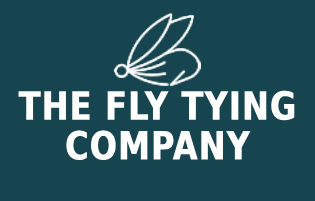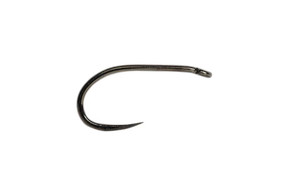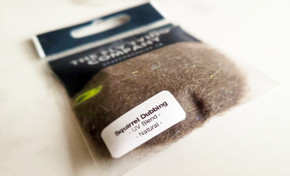Origin & History
The CDC Emerger pattern uses Cul de Canard (CDC) feathers, taken from the preen gland area of ducks. These feathers are naturally buoyant due to their oils, allowing flies to float lightly on the surface. CDC has been used in fly tying since the 1920s in the Jura Mountains of Europe, providing realistic surface and emerger patterns. The CDC Emerger fly imitates emerging mayflies and caddisflies, making it a key pattern for trout fishing during hatches in UK stillwaters.
Materials
- Hook: Dry fly hook, sizes 12–18
- Thread: Olive or grey 8/0 or 70D
- Tail: Wood duck or mallard flank fibers
- Body: Hare's ear or olive dubbing
- Rib: Fine gold or copper wire (optional)
- Wing: CDC feathers
- Thorax: Hare's ear or olive dubbing
- Hackle: Grizzly or brown (optional)
Step-by-Step Tying
- Secure the Hook: Place the hook in the vise and secure firmly.
- Attach the Thread: Start the thread behind the hook eye and wrap back to the bend.
- Prepare the Tail: Tie in a few wood duck or mallard flank fibers at the bend, extending about the length of the hook shank.
- Dub the Body: Apply hare's ear or olive dubbing and wrap to form a tapered abdomen.
- Tie in the Rib: Optional – add fine wire for segmentation and durability.
- Prepare the Wing: Tie in CDC feathers upright over the body.
- Form the Thorax: Apply a small amount of dubbing around the base of the CDC wing.
- Wrap Hackle: Optional – wrap grizzly or brown hackle around the thorax.
- Finish: Whip finish the head and trim excess materials.
Variations
- Olive CDC Emerger: Olive dubbing with CDC feathers for a mayfly imitation.
- Tan CDC Emerger: Tan dubbing to match different species.
- PMD CDC Emerger: Pale Morning Dun-specific version.
- BWO CDC Emerger: Blue-Winged Olive imitation.
- CDC Caddis Emerger: CDC wing for emerging caddisflies.
Seasonality & What It Represents
Most effective spring through summer, particularly during mayfly and caddis hatches. Represents emerging insects just below the surface, making it ideal for trout feeding near the film.
Tackle & Setup
- Rod: 9–10 ft 4–6 weight stillwater or river rod
- Line: Floating line for surface presentation
- Leader: 9–12 ft tapered leader
- Tippet: 4–6 lb
- Presentation: Allow a drag-free natural drift on the surface
Summary Table
| Feature | Details |
|---|---|
| Hook Size | 12–18 |
| Tail | Wood duck or mallard flank fibers |
| Body | Hare's ear or olive dubbing |
| Wing | CDC feathers |
| Thorax | Hare's ear or olive dubbing |
| Hackle | Grizzly or brown (optional) |
| Seasonality | Spring to summer |
| Best For | Emerging mayflies and caddisflies |












